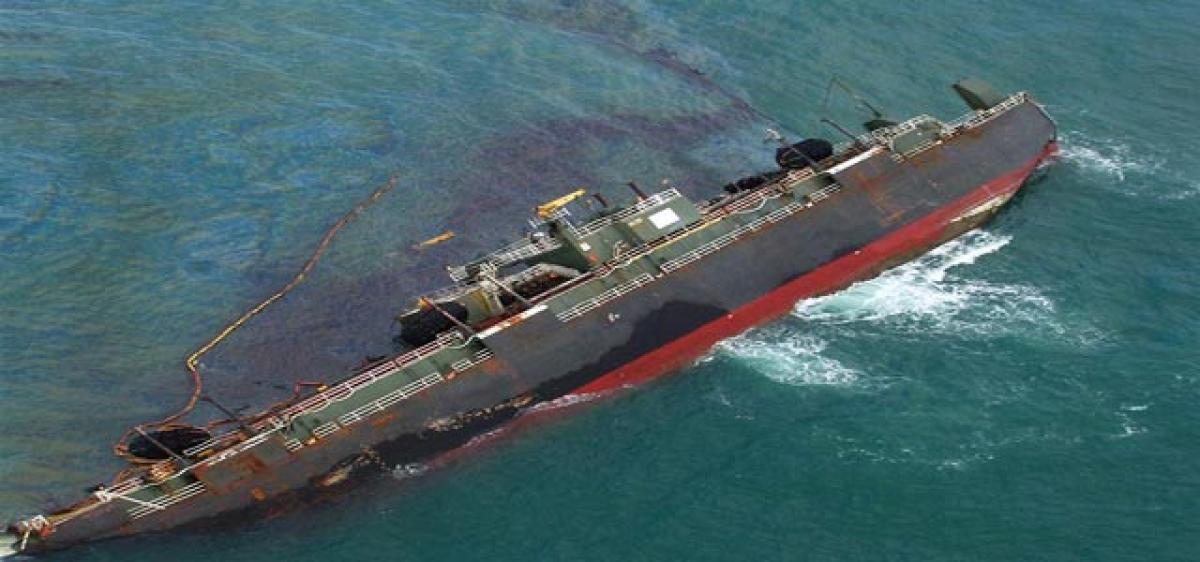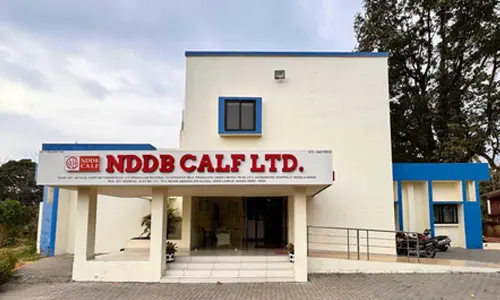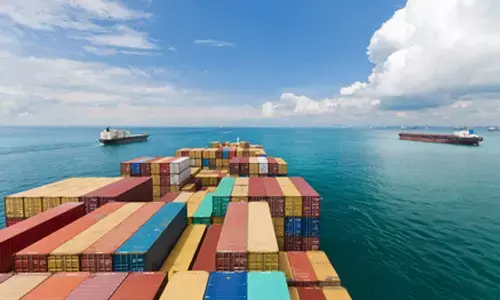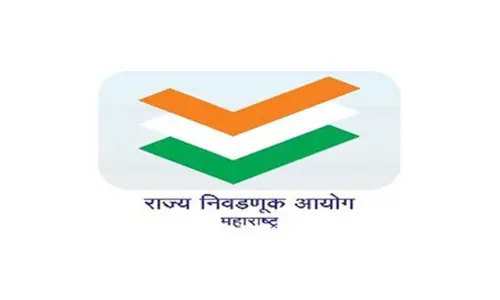National Oil Spill Disaster Contingency Plan

The Government of India has initiated various measures to ensure that Oil Spill at Sea is given top priority by all the concerned agencies.
The Government of India has initiated various measures to ensure that Oil Spill at Sea is given top priority by all the concerned agencies. Pollution response teams have been established by the Indian Coast Guard at Mumbai, Chennai and Port Blair. Further, a pollution response centre is also established at Vadinar, Gujarat. Two dedicated pollution response vessels have been commissioned and pollution response equipment have been procured. To ensure response preparedness regular training and exercises are conducted by the Indian Coast Guard.
First draft of National oil spill (NOS) Disaster contingency plan (DCP) was prepared on 14 April 1988 and forwarded to all concerned agencies for comments. Final draft was approved by the committee of secretaries on 4th November 1993. India promulgated National oil spill Disaster contingency plan (NOS-DCP) in the year 1996. Coast guard was designated as central coordination authority.
The objectives of the plan are: To develop appropriate and effective systems for the detection and reporting of spillage of oil; To ensure prompt response to prevent, control, and combat oil pollution; To ensure that adequate protection is provided to the public health and welfare, and the marine environment; To ensure that appropriate response techniques are employed to prevent, control, and combat oil pollution, and dispose off recovered material in an environmentally accepted manner; and to ensure that complete and accurate records are maintained of all expenditure to facilitate cost of recovery.
Responsibilities or NOS-DCP: Port authorities responsible for action within port limit; Oil industries in and around their area of operations; Costal state PCB forinter tidal zones, beaches and up to death beyond which CG ships and craft cannot operate; Coast guard responsibilities lies beyond port limits; and DGICG has overall responsibility for appropriate response to oil spill incidents, according to http://www.iasplanner.com/.
Obfuscation of facts after an oil spill is counterproductive, since the impact is prolonged; moreover, it could erode the confidence of the international community in the country’s ability to fulfil its commitments within the UN system to protect marine life and biodiversity. Failure to safeguard marine turtle and bird habitats, for example, is a clear violation of the provisions of the Convention on the Conservation of Migratory Species of Wild Animals, and its specific memorandum on the Indian Ocean-Southeast Asian region to which India is a signatory, opines http://www.insightsonindia.com














